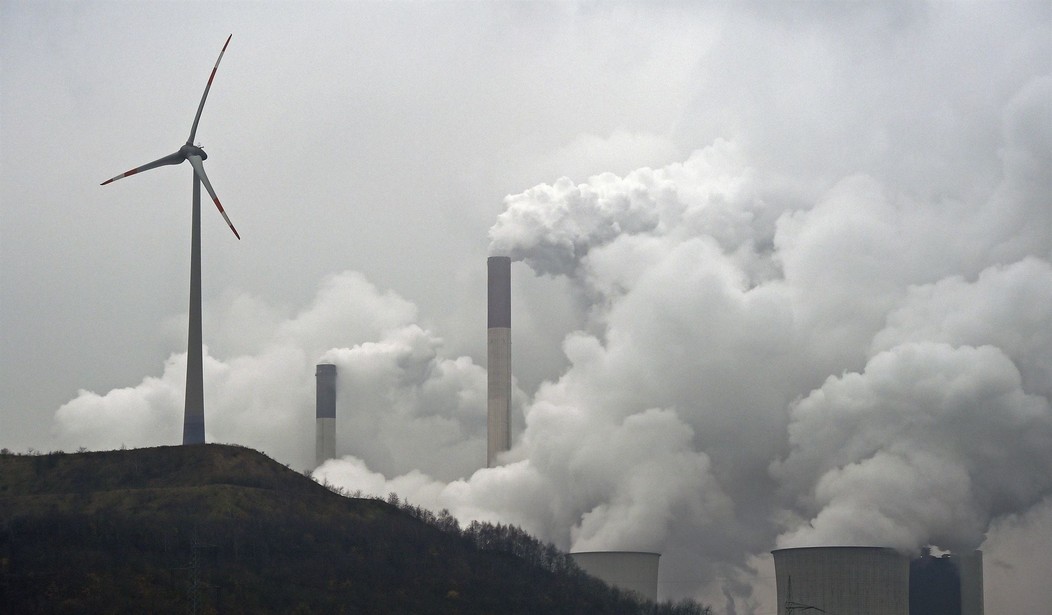With the Glasgow climate conference coming up next week, the NY Times has a piece out today which attempts to provide the big picture on global climate change efforts. It’s titled, “Yes, There Has Been Progress on Climate. No, It’s Not Nearly Enough.” Here’s a bit of the argument:
In 2014, Climate Action Tracker estimated that the world was on track for nearly 4 degrees Celsius of warming by 2100, compared with preindustrial levels.
Warming of 4 degrees has long been deemed a worst-case scenario. One assessment by the World Bank explored the risks, such as cascading global crop failures, and bluntly concluded that 4 degrees “simply must not be allowed to occur.”
This year, however, Climate Action Tracker painted a more optimistic picture, because countries have started doing more to restrain their emissions. Current policies put the world on pace for roughly 2.9 degrees Celsius of warming by 2100…
“There has been a genuine shift over the past decade,” said Niklas Höhne, a German climatologist and founding partner of New Climate Institute, which created the Climate Action Tracker. “You can say that progress has been too slow, that it’s still not enough, and I agree with all that. But we do see real movement.”
You get the idea. The article really does match the headline in both claiming there has been some significant progress and also in saying it hasn’t been nearly enough. As for the Glasgow conference next week, the Times notes that not everyone in the world is on board with the same goals. [emphasis added]
At least 140 countries have formally updated their plans to curb emissions through 2030, according to the World Resources Institute. The United States and European Union pledged to pursue deeper cuts. Argentina and South Africa promised to slow future growth in fossil-fuel use. But other major emitters, like China and India, have yet to update their short-term plans…
…a growing number of world leaders, including President Biden, have said that the world should hold to 1.5 degrees of warming, although some countries like China have not embraced the stricter goal.
The article also mentions in passing that the goal of net zero carbon is one the US hopes to get to by 2050 but “China said it would strive to get there by 2060.” Even John Kerry couldn’t convince China to commit to using less coal.
Maybe you’re seeing a pattern?
While the NY Times article mentioned that China is an outlier in passing, Bloomberg published a story yesterday which puts things in a bit more perspective. It’s titled, “The Chinese Companies Polluting the World More Than Entire Nations.”
The world’s top five polluters were responsible for 60% of global emissions in 2019. China alone generated about the same amount of CO2 as the next four countries combined. And its carbon output is still rising every year.
China’s emissions are so vast that its biggest companies, few of which are household names, create more pollution than entire nations. China Baowu, the world’s top steelmaker, put more CO2 into the atmosphere last year than Pakistan.
Take state-owned oil giant Sinopec Group. One of its subsidiaries, China Petroleum & Chemical, contributed more to global warming last year than Canada, itself an emissions heavyweight with the 11th-most CO2 among nations…
China is in a category by itself today. CREA estimates that the country generated greenhouse gases equivalent to more than 13 billion tons of CO₂ in 2019, mostly from manufacturing and construction. The top emitter of all time, the U.S., has curbed emissions to produce just about half of that, 6.6 billion tons, according to the country’s Environmental Protection Agency.
Of course China has about four times the population of the US, so on a per capita basis, Americans still use more power. But the fact remains that our CO2 output has been flat or declining while theirs is still climbing. According to one estimate, China’s greenhouse gas emissions surpassed the US and the EU combined in 2019.
All of this leads to the awkward conclusions that whatever commitments the US and EU countries make in Glasgow next week, they will be attempting to make up for China’s growing output.









Join the conversation as a VIP Member